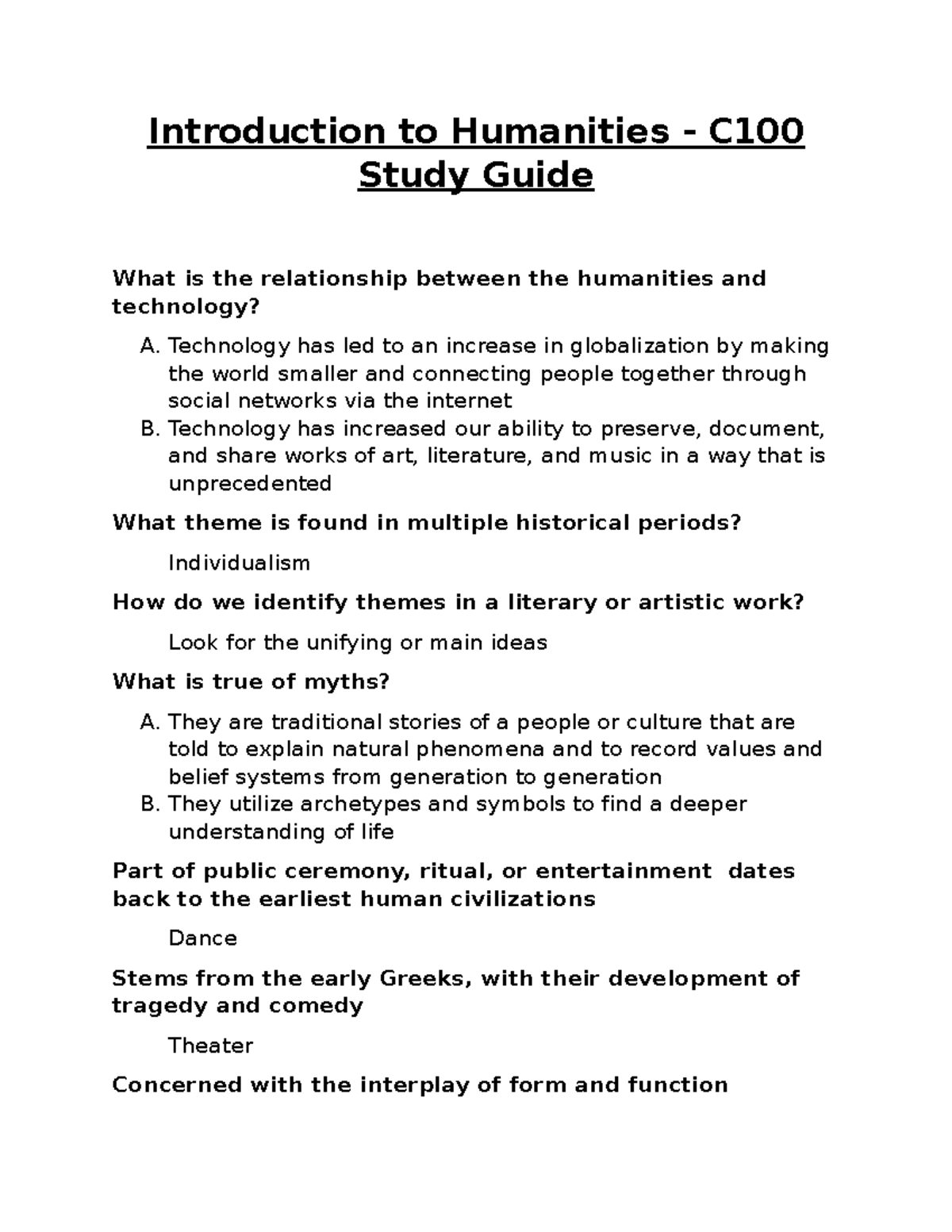Chimamanda Ngozi Adichie is celebrated not just for her powerful storytelling, but also for her willingness to delve deeply into the complexities of human emotions. With her latest novel, “Dream Count,” she combines themes of grief, self-discovery, and radical honesty, offering readers a poignant exploration of women’s lives intertwined through shared struggles. This much-anticipated work, crafted over a decade, reflects her mastery of fiction writing while underscoring the significance of grief in literature. Adichie’s characters, particularly the four women whose stories unfold in “Dream Count”, embody the resilience and vulnerability that define their relationships and personal journeys. As a prominent voice among women in fiction, Adichie continues to inspire readers with her insightful narratives that challenge perceptions and provoke thought.
Chimamanda Ngozi Adichie stands as a beacon in the literary world, utilizing her craft to articulate intense personal experiences and societal themes. In her recent work, which unfolds the intricacies of personal loss and emotional truth, she invites us to engage with the narratives of powerful female protagonists. With “Dream Count,” Adichie not only showcases her fictional talents but addresses broader themes of identity and self-awareness, which resonate deeply with readers. By exploring the emotional landscapes shaped by grief, she sheds light on the hidden depths of human interactions and the pivotal role they play in a woman’s life journey. Through her radical honesty, Adichie continues to elevate the discourse surrounding women’s contributions to literature and the importance of understanding diverse perspectives.
Exploring Grief in Literature: Chimamanda Ngozi Adichie’s ‘Dream Count’
Grief is a profound and often transformative experience, and in ‘Dream Count’, Chimamanda Ngozi Adichie explores this emotion with remarkable depth. Following the loss of her father, Adichie found herself grappling with unexpected intensity, revealing how grief can act as a catalyst for self-discovery. In her narrative, the characters endure their own losses, echoing the multifaceted nature of grief that resonates with many readers. Adichie’s portrayal allows us to confront our vulnerabilities while simultaneously illustrating how mourning can lead to greater understanding of love and connection.
The backdrop of the pandemic adds another layer to the theme of grief in ‘Dream Count’. As the world came to a standstill, individuals faced not only the loss of lives but also the mourning of unfulfilled dreams and broken plans. This context fosters a unique canvas for Adichie to paint varying reactions to grief through her characters. Each woman in the story deals with their sorrow differently, showcasing a tapestry of responses that invites readers into their internal struggles, thus enriching the narrative with both authenticity and relatability.
Radical Honesty: The Heart of Fiction Writing
Chimamanda Ngozi Adichie emphasizes the concept of ‘radical honesty’ in her approach to fiction writing, which she regards as essential for crafting compelling narratives. She believes that authenticity in storytelling demands vulnerability—a willingness to lay bare one’s own experiences and emotions. This introspective practice not only fosters connection with readers but also enhances the richness of character development. In ‘Dream Count’, Adichie’s brave exploration of personal truths permeates the story, urging fellow writers to embrace their own narratives with openness and sincerity.
By advocating for radical honesty, Adichie challenges writers to dig deeper into their own lives, yet also to reflect on broader societal issues. This duality enriches fiction by providing a mirror to the real world, engaging with themes such as political uncertainty and identity. Through her wisdom, aspiring authors learn that true storytelling transcends mere entertainment; it serves as a vehicle for reflection and dialogue, inviting readers to explore their own truths while engaging with the weighty subjects that fiction can tackle.
Women in Fiction: Unraveling Lives Through Interconnected Stories
In ‘Dream Count’, Chimamanda Ngozi Adichie masterfully presents a cast of women whose lives are intricately woven together despite their differing backgrounds. This portrayal of interconnected stories is vital in illuminating the complexities women face, making it a significant contribution to the genre of women in fiction. Each character navigates her own journey of love and self-discovery, reflecting the various dimensions of femininity and resilience. Adichie’s nuanced characterizations foster a deeper understanding of the shared experiences among women across cultures.
The novel’s focus on strong, multifaceted female characters speaks to the contemporary need for representation in literature. By showcasing diverse backgrounds and struggles, Adichie not only elevates women’s voices but also invites discussions on broader societal themes. Her portrayal of female characters is both empowering and relatable, as they confront personal dilemmas while forging connections with others. In doing so, ‘Dream Count’ serves as a beacon for future narratives centered on women, highlighting the importance of storytelling from diverse perspectives.
Self-Discovery and Identity: Themes in Adichie’s Work
Self-discovery is a central theme in Chimamanda Ngozi Adichie’s ‘Dream Count’, as the characters embark on their own journeys of understanding. From Chiamaka’s privileged life in the U.S. to Kadiatou’s tragic experiences, every woman’s story adds depth to the exploration of identity. Adichie invites readers to witness not only the external journeys of these characters but also their internal battles, ultimately posing critical questions about self-knowledge and the perceptions we hold of ourselves and others. This search for identity resonates deeply in a world increasingly characterized by flux and uncertainty.
Moreover, Adichie’s narrative suggests that understanding oneself is a continual process that can unfold through relationships and experiences. As the women navigate love, loss, and the pandemic’s emotional toll, their paths reveal that self-discovery often requires confronting uncomfortable truths. Each character’s transformation underscores the importance of vulnerability and authenticity in personal growth, making ‘Dream Count’ a poignant reminder of how literature can reflect the intricacies of human identity.
The Writing Process: Between Inspiration and Challenge
Adichie’s reflections on the writing process shed light on the challenges that come with creativity, especially after experiencing life-altering events like grief. She emphasizes that the act of writing can sometimes become daunting, particularly in moments of personal turmoil or existential questioning. Yet, within these struggles, she finds a deeper well of inspiration. For her, writing fiction is not just an art form; it’s a vocational calling that thrives in vulnerability and honesty, inviting aspiring writers to navigate their own creative blocks with patience and introspection.
Through her journey in writing ‘Dream Count’, Adichie illustrates the ebb and flow of creativity, highlighting that periods of writer’s block may lead to crucial moments of reflection. She advocates for nurturing creativity by engaging with different forms of art, such as poetry, as she did during her writing challenges. This interdisciplinary approach not only helps maintain one’s connection to the craft but can also spark new ideas and rejuvenate the writing spirit, proving that resilience is vital in the face of artistic hardship.
Coping with Loss: Lessons From Literature
In ‘Dream Count’, the characters’ experiences with loss offer a profound exploration of how literature can help us cope with grief. Through the lens of fiction, we gain insights into the various ways individuals process their sorrow, often finding solace in shared narratives. Adichie’s portrayal of grief encourages readers to confront their own experiences, whether through the lenses of empathy or reflection. By presenting diverse coping mechanisms, she invites readers to find their own paths toward healing amid the complexities of loss.
Furthermore, literature serves as a sanctuary where readers can safely navigate their feelings surrounding loss. Adichie expressed how writing became a means of processing her grief after her father’s death, reinforcing the idea that storytelling can manifest as a therapeutic practice. In crafting ‘Dream Count’, she not only memorializes her father but also creates space for others to explore their pain and resilience. This powerful interplay between grief and literature showcases the significance of storytelling in understanding and reconciling life’s most challenging experiences.
The Role of Personal Experience in Fiction
Chimamanda Ngozi Adichie’s ‘Dream Count’ exemplifies how personal experiences shape the narratives we craft as writers. Drawing from her own life, including significant events such as her father’s passing, Adichie imbues her characters with nuanced emotions and authentic voices. This connection enhances the relatability of her stories, allowing readers to resonate deeply with the characters’ journeys. The integration of personal truths not only enriches the fictional narrative but also serves as a reminder that every story can be a reflection of our lived experiences.
Adichie’s approach encourages writers to cultivate their unique perspectives, suggesting that the fusion of life and art can yield powerful storytelling. By embracing her vulnerability, she inspires fellow writers to do the same, reinforcing the idea that art is often born from our most profound struggles and joys. Through ‘Dream Count’, Adichie showcases the beauty of intertwining personal narratives within fiction, inviting readers to recognize the shared humanity that binds us all.
Engaging with Political Uncertainty Through Fiction
In an era of political upheaval, Chimamanda Ngozi Adichie utilizes her platform and fiction to engage with societal issues, weaving them into the fabric of her narrative. In ‘Dream Count’, the backdrop of the pandemic and its societal ramifications serve to highlight the uncertainty many face today. Adichie’s exploration of her characters’ lives not only reflects their personal struggles but also serves as a commentary on the political climate that shapes their experiences. As readers engage with these narratives, they are invited to critically examine the intricacies of current affairs through a literary lens.
By intertwining themes of personal and political within ‘Dream Count’, Adichie empowers her readers to find autonomy within uncertainty. The characters’ journeys resonate on a broader scale, prompting discussions about agency, resilience, and the impact of societal structures on individual lives. As fiction becomes a tool for reflection and understanding, Adichie’s work underscores the vital role of storytelling in navigating the complexities of our times, affirming that literature can offer not only escapism but also illumination in moments of darkness.
The Importance of Diverse Narratives in Modern Literature
Chimamanda Ngozi Adichie has long championed the importance of diverse narratives in literature, and ‘Dream Count’ stands as a testament to this mission. Featuring a cast of women from varying backgrounds and experiences, Adichie defies the constraints of traditional narratives, showcasing how different cultures and perspectives enrich storytelling. By centering her narrative on the lives of interconnected characters, she highlights the shared experiences and unique challenges that women face globally, fostering a broader understanding of female identity and resilience.
In a literary landscape often dominated by singular narratives, Adichie’s work is crucial in redefining representation. She illustrates the power of storytelling to not only reflect individual stories, but also to dismantle stereotypes and encourage empathy amongst readers. Through ‘Dream Count’, Adichie calls for a celebration of diversity in literature, asserting that every voice holds value and contributes to the tapestry of human experience. This inclusivity fosters a wider appreciation for the myriad ways in which women navigate love, loss, and self-discovery, ultimately enriching the literary canon.
Frequently Asked Questions
What is the significance of Chimamanda Ngozi Adichie’s novel ‘Dream Count’?
Chimamanda Ngozi Adichie’s ‘Dream Count’ is significant as it marks a long-awaited return to fiction after a decade since her last novel, ‘Americanah’. The book explores complex themes of love, self-discovery, and grief in literature, following the lives of four interconnected women. Adichie draws on her personal experiences of loss, particularly the death of her father, highlighting how grief can illuminate hidden truths about ourselves and our relationships. This novel exemplifies her commitment to ‘radical honesty’ in fiction writing.
How does Chimamanda Ngozi Adichie incorporate grief in literature in ‘Dream Count’?
In ‘Dream Count’, Chimamanda Ngozi Adichie incorporates grief in literature as a central theme that drives character development and emotional depth. The narrative is shaped by her personal experiences of loss, particularly following her father’s death. Adichie uses this lens of grief to explore how it affects individual identities and connections among the characters, illustrating that grief can lead to profound self-knowledge and a deeper understanding of love and relationships.
What themes are explored in Chimamanda Ngozi Adichie’s ‘Dream Count’?
Chimamanda Ngozi Adichie’s ‘Dream Count’ explores various themes including the pursuit of love, self-discovery, and the impact of grief in people’s lives. The novel also delves into the concepts of identity and the potential paths one’s life could take, reflecting the characters’ experiences during the pandemic. Adichie emphasizes the importance of ‘radical honesty’ in fiction writing, showing how personal truths can shape storytelling.
What does Chimamanda Ngozi Adichie mean by ‘radical honesty’ in fiction writing?
Chimamanda Ngozi Adichie describes ‘radical honesty’ in fiction writing as the essential truth-telling required to create compelling narratives. She believes that effective storytelling demands writers to reveal deep personal insights and emotions. In her view, the willingness to share one’s vulnerabilities enriches the reader’s experience and enhances the authenticity of the characters and their journeys, as seen in her latest work, ‘Dream Count’.
How has Chimamanda Ngozi Adichie’s personal life influenced her work in ‘Dream Count’?
Chimamanda Ngozi Adichie’s personal life, particularly her experiences with motherhood and the grief of losing her father, has profoundly influenced her work in ‘Dream Count’. These life events inspired her to explore themes of love, identity, and the emotional complexities of life. Her reflections on self-knowledge and the interconnectedness of human experiences are woven throughout the narrative, showcasing how personal challenges can enrich fiction writing.
| Key Point | Details |
|---|---|
| Chimamanda Ngozi Adichie’s Journey | Adichie shares her experience of writing ‘Dream Count’, a novel that took over 10 years to complete. |
| The Theme of ‘Dream Count’ | The novel follows four interconnected women exploring love and self-discovery amidst personal hardships. |
| Personal Influence on the Novel | Adichie’s father’s death in 2020 deeply influenced her writing, leading her to explore themes of grief and self-knowledge. |
| Radical Honesty in Fiction | Adichie emphasizes the importance of ‘radical honesty’ in writing, where authors must let go and follow their narrative. |
| Balancing Life and Work | As a mother, Adichie finds balance challenging but sees it as essential to her creativity and writing process. |
Summary
Chimamanda Ngozi Adichie continues to inspire with her incredible storytelling abilities and profound insights into human experiences. Through ‘Dream Count’, she not only showcases her journey back to novel writing but also delves into the complex themes of grief, love, and the quest for self-discovery. Adichie’s commitment to ‘radical honesty’ in her craft resonates deeply with readers, offering both a reflection on her personal struggles and a celebration of the interconnectedness of lives. As she balances her roles as an author and a mother, Adichie’s work remains a testament to the enduring power of fiction.



